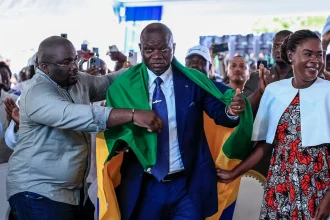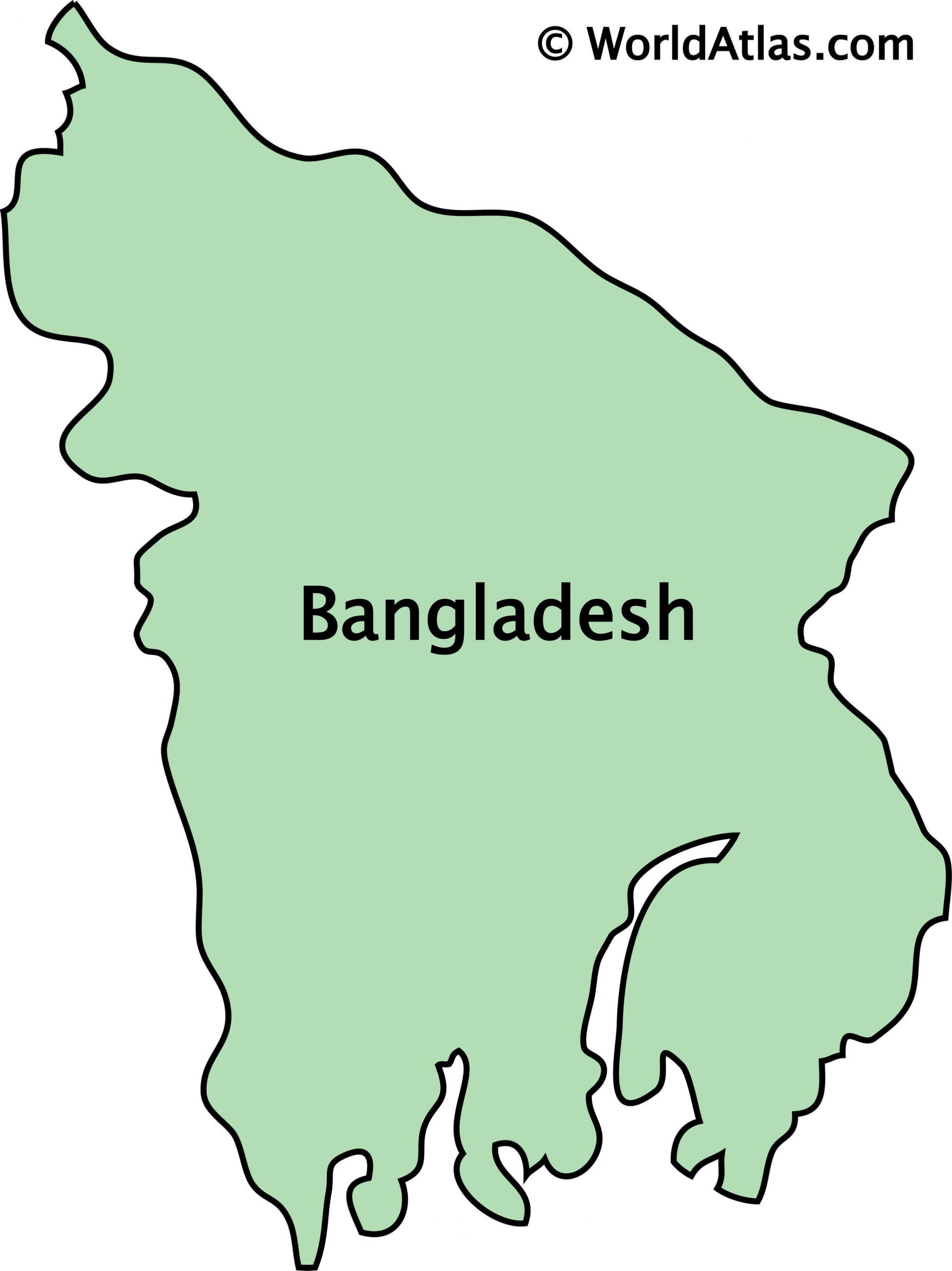The International Monetary Fund has recommended that the Central Bank of Nigeria raise interest rates in the upcoming Monetary Policy Committee meeting to tackle the country’s high inflation rate.
Julie Kozack, the Director of the Communications Department at the IMF, shared this insight during a press conference held on Thursday, with the conference transcripts made available on the IMF website on Saturday.
Kozack highlighted the CBN’s strategy of absorbing excess liquidity as a factor contributing to the escalating inflation in Nigeria.
The country’s inflation rate exceeded 27 percent in October on a year-on-year basis.
In addressing the inflation challenge, Kozack emphasized the need for the Central Bank, under its new leadership, to further increase the policy interest rate during the next Monetary Policy Committee meeting.
This action is seen as a proactive step to mitigate the impact of high inflation.
The IMF had previously addressed the issue in its Article IV Consultation held in February 2023, stressing the importance of raising revenue to improve Nigeria’s low revenue-to-GDP ratio of 9 percent.
Kozack underscored the significance of enhancing the revenue-to-GDP ratio, stating that the current figure is insufficient to support robust social safety nets, development spending, and meet Nigeria’s developmental needs.
“You asked a specific question on inflation. Inflation in Nigeria is running very high. It reached over 27 per cent in October, that is the year-on-year number.
“The Central bank, under its new leadership, has started to withdraw excess liquidity that was in the system and contributing to high inflation.
“The next Monetary Policy Committee meeting should further raise the policy interest rate. So, the Central bank is taking action to try to address the high inflation problem. As we mentioned in our Article IV Consultation, which was held in February of 2023, raising revenue from the very current low revenue-to-GDP ratio of 9 percent is essential to create fiscal space for social and development spending.
“9 percent of GDP is a very low revenue to GDP ratio, and it is really not high enough to be able to support strong social safety nets, and development spending, to help protect vulnerable households and also to meet Nigeria’s development needs,” she said
Regarding the 2024 budget, she commented that it aims to reduce the fiscal deficit while creating room for priority spending on both social and developmental aspects.











